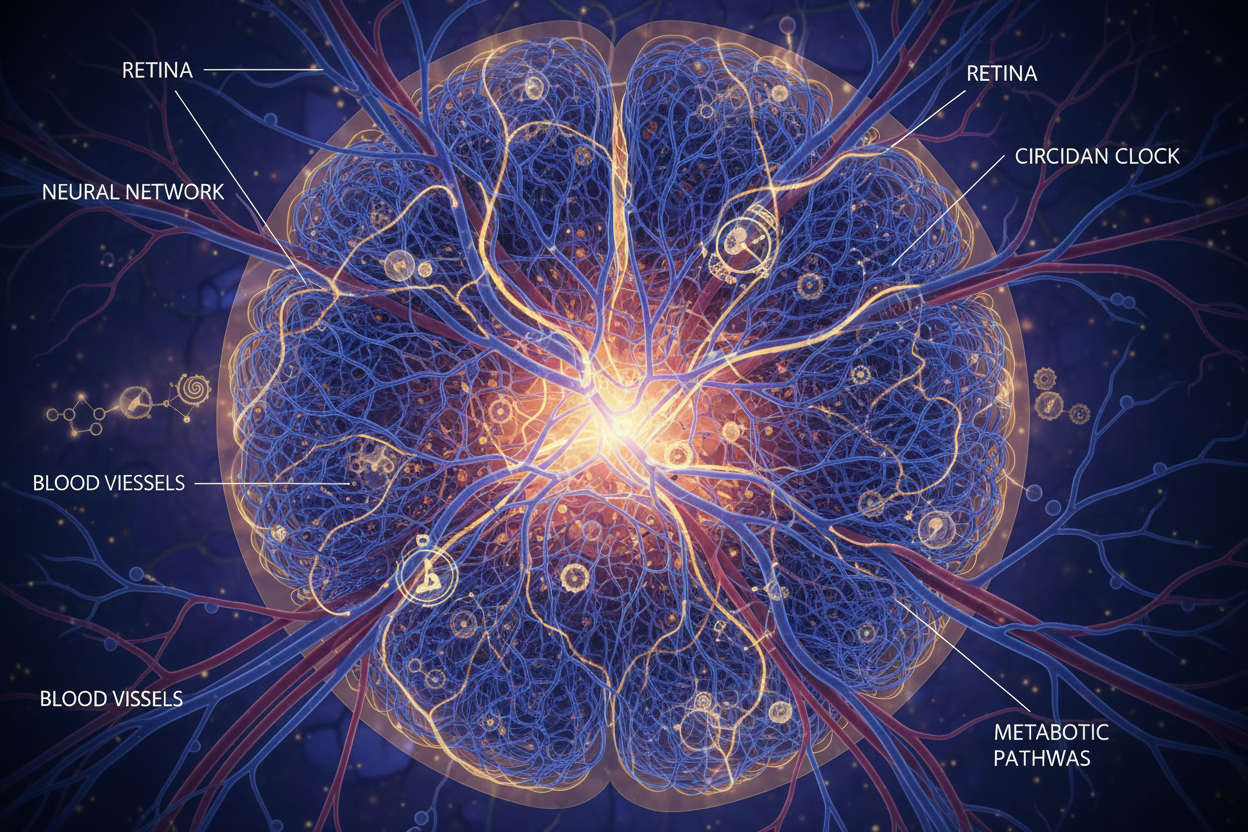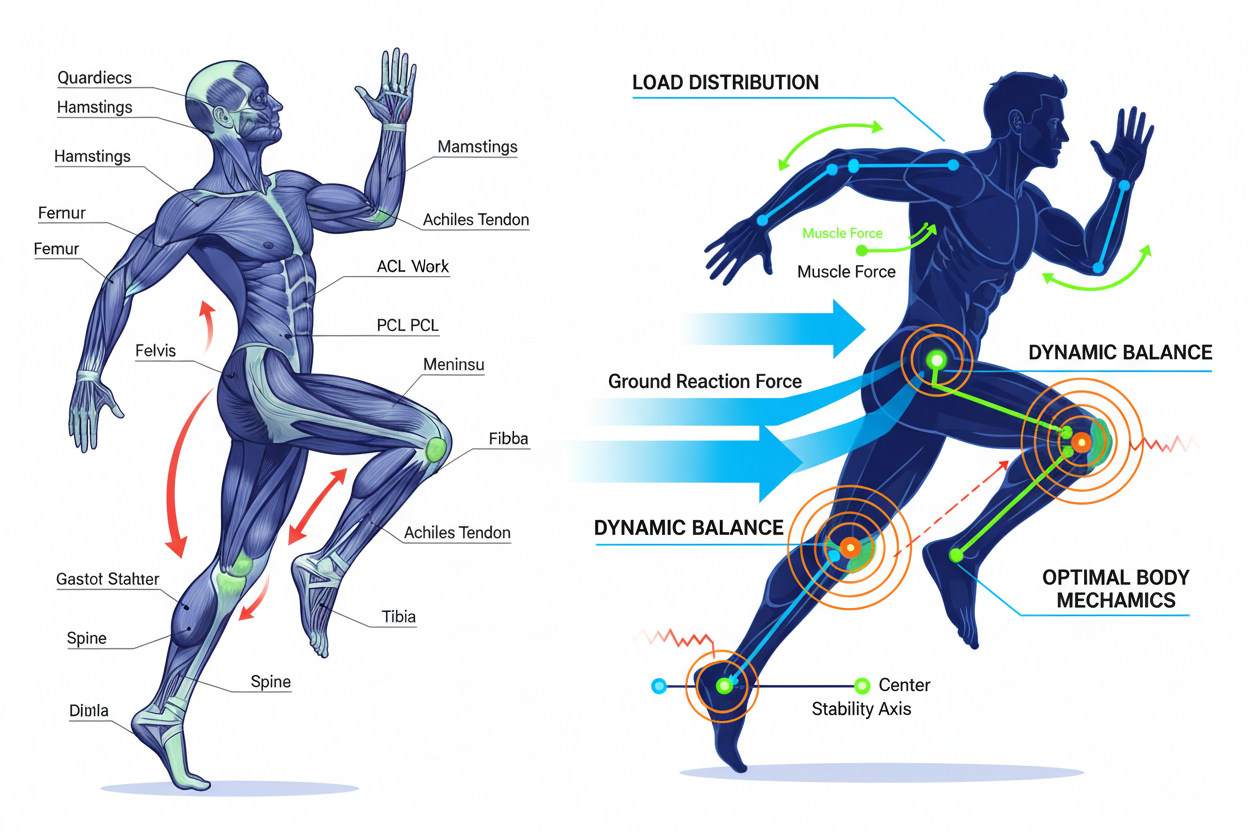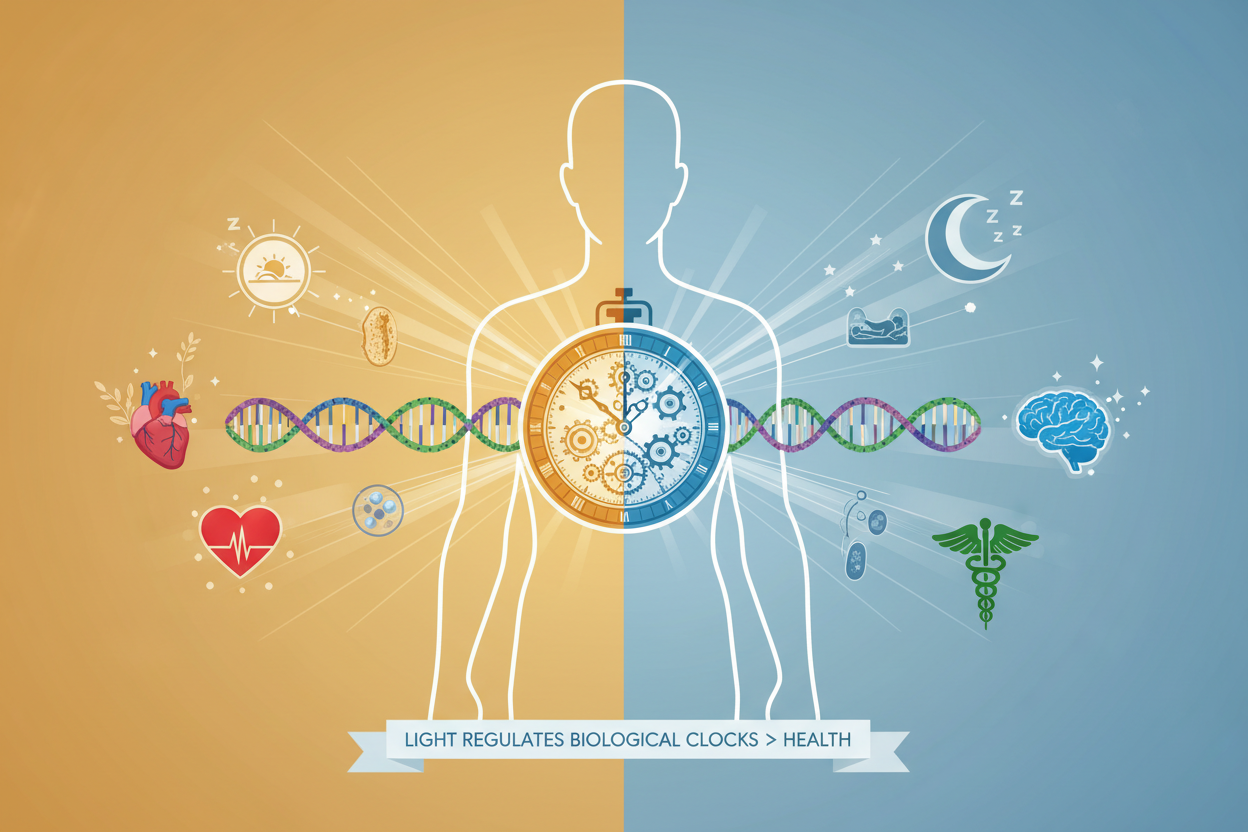Introduction: Reevaluating Our Relationship with the Sun
For centuries, humanity has revered the sun as a source of life, light, and warmth. Our ancestors spent most of their time outdoors, working in the fields, hunting, and gathering under direct sunlight. Their bodies naturally adapted to solar radiation, including its ultraviolet (UV) component. This symbiosis between humans and the sun was crucial for our survival and prosperity.
However, in recent decades, our relationship with the sun has dramatically changed. With the advent of modern medicine and the cosmetics industry, we have begun to perceive UV radiation primarily as a threat. We are bombarded with warnings about the dangers of sun exposure, the risk of skin cancer, and premature aging. Sunscreens, sunglasses, and protective clothing have become an essential part of our daily lives.
But what if this fear of UV radiation is exaggerated? What if by avoiding the sun, we are missing out on essential health benefits? Is it possible that the current narrative about the harmfulness of UV radiation is shaped more by economic interests than by genuine concern for our health?
This article aims to explore the often overlooked benefits of UV radiation and reconsider our relationship with the sun. We will examine scientific findings on the positive effects of UV radiation on human health, from cardiovascular benefits and hormonal regulation to strengthening the immune system. At the same time, we will reflect on why this information is often overshadowed in the current discourse on sun protection.
It's time to uncover the truth about UV radiation and rediscover the wisdom of our ancestors. Let's explore together how we can harness the power of the sun's rays for our health and well-being without ignoring the potential risks. Get ready for a journey that could change your perspective on sunlight and perhaps even your daily habits.
1. Cardiovascular Health: Sun Rays as the Guardian of the Heart
- Blood pressure reduction: UV radiation stimulates the production of nitric oxide (NO) in the skin. NO is a powerful vasodilator that widens blood vessels, effectively lowering blood pressure. This mechanism can significantly contribute to the prevention of hypertension and related cardiovascular diseases.
- Production of γ-MSH: Ultraviolet radiation promotes the production of γ-melanocyte-stimulating hormone (γ-MSH), which also has a positive effect on the cardiovascular system.
- Lipid regulation: UV exposure can help regulate cholesterol and triglyceride levels in the blood, further contributing to overall cardiovascular health.
2. Metabolic effects: A natural aid for weight loss
- Weight loss support: UV radiation stimulates the production of α-MSH (alpha-melanocyte stimulating hormone), which plays a key role in regulating appetite and metabolism.
- Histidine: UV radiation promotes the production of histidine, an amino acid involved in the regulation of weight and appetite.
3. Hormonal Balance: The Sun Elixir of Youth
- Sex hormones: UV radiation can increase the production of testosterone in men and estrogen in women, which can have a positive effect on libido, fertility, and overall vitality.
- Vitamin D3 and its metabolites: UV-B radiation is crucial for the synthesis of vitamin D3 in the skin. This "sunshine vitamin" is essential for bone health, immune function, mood regulation, and many other processes in the body. Additionally, UV radiation promotes the formation of vitamin D metabolites, such as lumisterol and tachysterol, which have their own biological functions.
4. Nervous System and Mood: Sun Therapy for the Soul
- Serotonin production: UV radiation stimulates the production of serotonin, known as the "happiness hormone," which improves mood and can help combat depression and anxiety.
- L-Dopa and dopamine: UV exposure promotes the production of L-Dopa, a precursor to dopamine. Dopamine is a key neurotransmitter associated with feelings of happiness, motivation, and reward.
- Endorphins: Sunlight stimulates the production of endorphins, which act as natural painkillers and induce a feeling of well-being and euphoria.
5. Immune System: A Sun Shield Against Diseases
- Immune regulation: UV radiation helps regulate the immune system, potentially reducing the risk of autoimmune diseases.
- Antimicrobial effects: α-MSH and nitric oxide, produced under the influence of UV radiation, have significant antimicrobial properties, helping to fight pathogens.
6. Skin Health: More Than Just a Tan
- Melanin: UV radiation stimulates the production of melanin, which not only protects the skin from further UV radiation but also acts as an effective toxin chelator and supports energy production in cells.
- Urocanic acid: This substance, produced in the skin under the influence of UV radiation, has important immunoregulatory functions.
7. POMC Derivatives: Comprehensive Effects on the Organism
UV radiation stimulates the production of pro-opiomelanocortin (POMC) derivatives, including α-MSH, β-MSH, γ-MSH, β-endorphin, and ACTH. These substances have a wide range of effects on metabolism, the immune system, and the nervous system.
Why is there less talk about these benefits?
It is important to consider why these potential benefits of UV radiation are often overshadowed by warnings about its harmfulness. As Edwards Deming noted: "Every system is perfectly designed to achieve the results it produces."
The pharmaceutical industry, dermatology, ophthalmology, and manufacturers of sunscreens and sunglasses may have an economic interest in emphasizing the risks of UV radiation. However, this does not mean that we should ignore the real risks associated with excessive UV exposure, such as sunburn or an increased risk of certain types of skin cancer.
Historical Perspective and Evolution
It is fascinating to realize that the fear of UV radiation is a relatively new phenomenon. Humanity has evolved for millions of years under full sunlight without the use of sunscreens or sunglasses. Our bodies are adapted to utilize sunlight, including its UV component.
The modern lifestyle, characterized by long hours spent indoors, can create problems for which artificial solutions are then offered. Instead of relying solely on sunscreens and avoiding the sun, we should consider natural ways to protect our skin while benefiting from the beneficial effects of sunlight.
UV radiation: The elixir of life for all nature
When considering UV radiation, it is crucial to realize that its beneficial effects are by no means limited to humans. The entire natural world – from the smallest microorganisms to the largest trees – utilizes and relies on UV radiation for their survival and prosperity. Let us reflect on this broader context:
Plants and Photosynthesis
- A key element of photosynthesis: Although visible light plays the main role in photosynthesis, UV radiation is also important. Some plants use UV-A radiation to supplement the energy needed for photosynthesis, especially in low-light conditions.
- Defense mechanisms: Exposure to UV radiation stimulates the production of protective compounds in plants, such as flavonoids and anthocyanins. These substances not only protect plants from UV damage but also increase their nutritional value for consumers, including humans.
- Growth regulation: UV-B radiation affects plant morphology, including leaf thickness and overall plant structure, helping them better adapt to their environment.
Animals and UV Radiation
- Vitamin D synthesis: Similar to humans, many animals rely on UV radiation for the synthesis of vitamin D, which is crucial for calcium metabolism and bone health.
- Perception of the world: Some animals, such as bees and butterflies, see in the UV spectrum, which allows them to perceive patterns on flowers invisible to the human eye. This ability is crucial for pollination.
- Regulation of biorhythms: UV radiation helps synchronize the circadian rhythms of many species, affecting their sleep cycles, migration patterns, and reproductive behavior.
Microorganisms and UV
- Natural disinfection: While high doses of UV radiation can be harmful to microorganisms (which we use for sterilization), moderate amounts of UV radiation play an important role in the natural regulation of microbial populations in nature.
- Evolution and adaptation: Exposure to UV radiation has been a driving force of evolution, promoting the development of protective mechanisms and adaptations across all forms of life.
Ecosystems and Global Significance
- Atmospheric regulation: UV radiation plays a key role in atmospheric processes, including the formation and breakdown of ozone, which is crucial for protecting life on Earth from extreme UV radiation.
- Aquatic ecosystems: UV radiation penetrates water and affects life in oceans, lakes, and rivers. It is important for phytoplankton, the base of marine food chains.
When we consider this broader context, the question arises: Is it possible that UV radiation, which is so essential and beneficial for all of nature, could be harmful only to humans? Isn't it more likely that, like the rest of nature, we have evolved to benefit from UV radiation, provided we approach it with respect and wisdom?
This perspective reminds us that we are part of a larger ecosystem and that our health and well-being are closely linked to the health of our environment. Perhaps it is time to reconsider our relationship with UV radiation not as an enemy to be avoided at all costs, but as a natural and essential element of life on Earth that requires our respect, understanding, and a balanced approach.
Conclusion: A New Perspective on Sunlight
It is time to reconsider our relationship with the sun and UV radiation. Instead of blindly avoiding sunlight, we should aim for reasonable and gradual exposure. Our bodies are capable of adaptation – let's start with short exposures and gradually increase them, always respecting the signals from our bodies.
Let us remember that sunlight is the source of life on our planet. With a wise approach, it can also be a source of our health and vitality. It is important to respect the power of UV radiation, especially shortwave, which has high energy. Excessive exposure can cause damage, so finding a balance is key.
Let the sun shine in our lives again - with respect, wisdom, and awareness of its hidden power. Consult your approach to sun exposure with a qualified healthcare professional, especially if you have specific health issues or are taking medications that may affect your skin's sensitivity to the sun.
Open your heart and mind to the sun's rays and let their hidden power awaken new energy and health within you. You may find that the wisdom of our ancestors still has something to say in today's world full of technology and artificial solutions.





Leave a comment
This site is protected by hCaptcha and the hCaptcha Privacy Policy and Terms of Service apply.